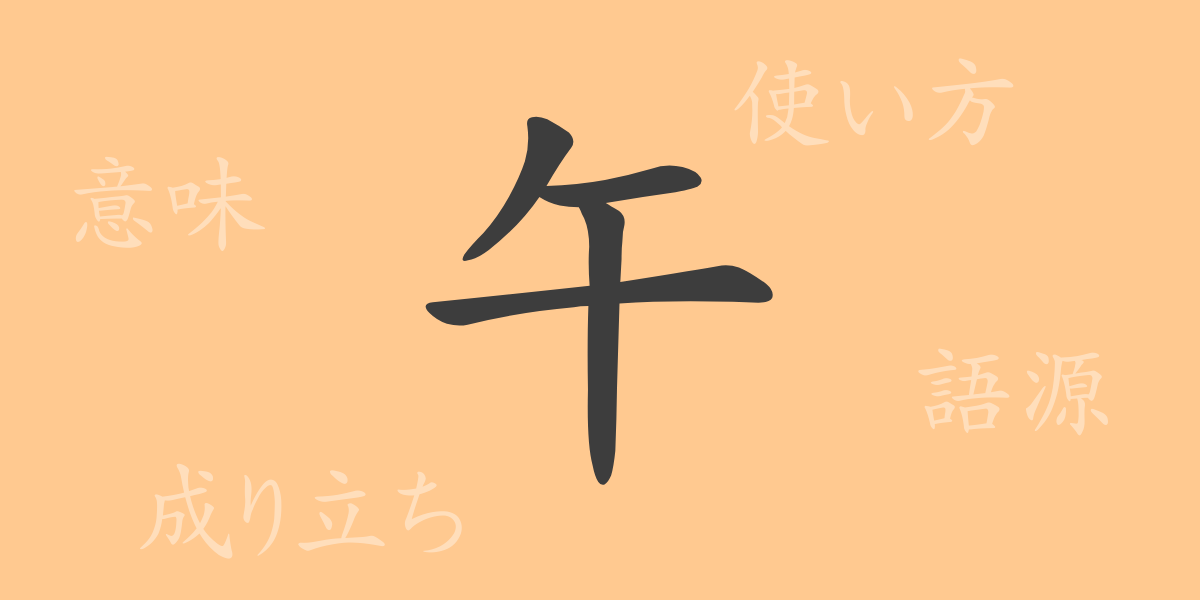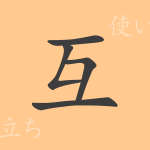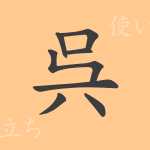The kanji “午” (ご, うま), which signifies the passage of time, is deeply rooted in Japanese culture and language. This single character holds profound meanings and plays a significant role in the daily lives of the Japanese people. In this article, we will explore the enigmatic origins, diverse uses, and integration of “午” in idioms and proverbs within our lives.
Origins of 午 (Etymology)
The kanji “午” (ご, うま) has evolved from ancient Chinese pictographs. Originally, it was a pictograph representing “牛” (うし, cow), mimicking the shape of a cow. The time-indicating meaning of “午時” (ごじ, midday) stems from its role as one of the Earthly Branches in the Chinese zodiac, specifically “午” (うま, horse). This Earthly Branch not only denotes time but also direction and year, which has been widely embraced in Japan.
Meanings and Uses of 午
The kanji “午” (ご, うま) has multiple meanings and uses. It is frequently used in expressions that indicate time, such as “午前” (ごぜん, morning) and “午後” (ごご, afternoon). As one of the zodiac signs, “午年” (うまどし, Year of the Horse) refers to the year that comes around every twelve years, often linked to horoscopes and personality traits. Additionally, it appears in words like “午睡” (ごすい, nap), which signifies a daytime rest, showcasing its varied applications.
Readings, Stroke Count, and Radical of 午
The kanji “午” (ご, うま) is one of the simpler kanji to remember due to its straightforward structure.
- Readings: On’yomi (音読み) is “ゴ” (ご), and the reading as a zodiac sign is “ウマ” (うま).
- Stroke count: It consists of 4 strokes.
- Radical: The radical is 午部 (ごぶ).
Idioms, Phrases, and Proverbs Using 午
There are numerous idioms, phrases, and proverbs in Japanese that include “午” (ご, うま). For instance, “午前中” (ごぜんちゅう) refers to the morning, and “午後” (ごご) indicates the afternoon. “正午” (しょうご) means noon, and “午餐” (ごさん) signifies lunch. The proverb “一日の計は午にあり” (いちにちのけいはごにあり) teaches that a day’s plan should be made in the morning, underscoring the importance of morning activities.
Summary of 午
The meanings embedded in a single kanji often transcend its form and history to influence our lives. “午” (ご, うま) exemplifies this, as it is intertwined with concepts of time, zodiac cycles, and daily expressions. Through this article, we hope you have gained insight into the rich background and allure of “午,” appreciating its integral role in Japanese culture.

























